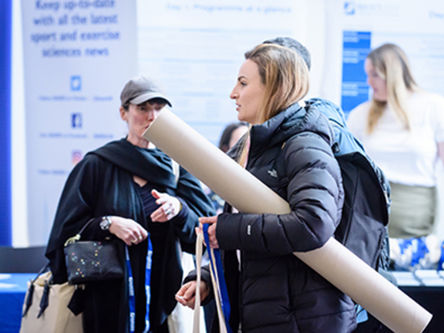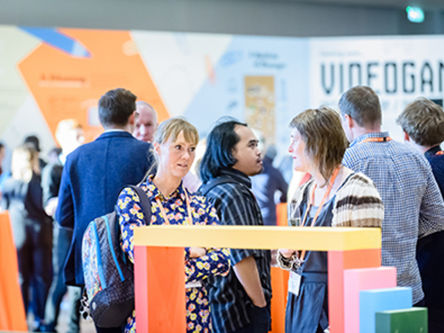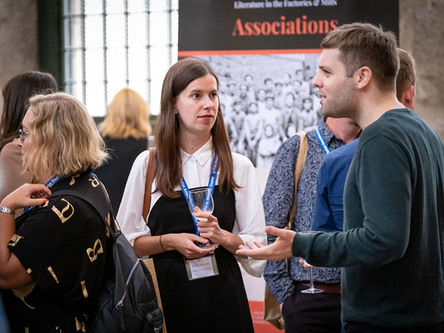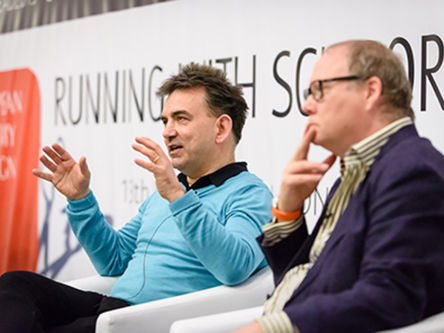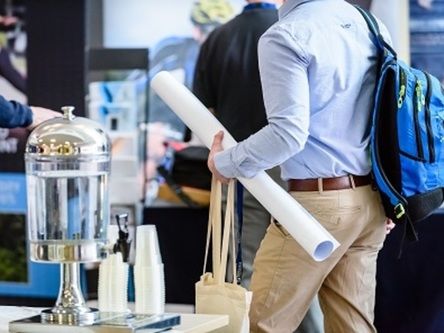Medical innovation is big business in Dundee. Karen Tocher, business tourism manager at Dundee & Angus Convention Bureau, looks at the impact left by one of the region’s greatest pioneers…
Dundee has long been a breeding ground for medical innovation. Sir James Whyte Black, who developed the first beta-blocker drugs, earning him the Nobel Prize in Medicine in 1988, began his academic career at University College, Dundee (now the University of Dundee).
Over the years, many other inspiring medical pioneers have called Dundee their home. One such innovator is Professor Sir Alfred Cuschieri, a trailblazer in the field of minimal access surgery. Arriving in Dundee in 1976 after a time in Liverpool, Professor Cuschieri developed innovative keyhole surgery techniques which are still in use to this day.
He says, “I had always been interested in cancer research and technology. I had started early studies on a type of surgery that does not open the individual and was fortunate to encounter a very important physicist – Professor Harold Horace Hopkins. He had a new type of telescope which would be ideal for my needs, as it was far superior optically to those available which had a poor resolution.
“Another surgeon – Professor George Berci at Cedar Sinai Hospital in California – also agreed to work with me, and knew a small company in Germany that could help us. I met Karl Storz and he agreed to work with us.
“Two first-generation Hopkins systems were developed – one went to Dr Berci and one came to me, where I started diagnostic laparoscopy. I was then asked by a colleague in Liverpool to help with a haematological laparoscopic inspection and it was a revelation to me how important this technology would be.
“With the new scope the view was absolutely incredible, and so I started designing instruments for surgery which were also made by Karl Storz in Germany. That small company has now grown to a multinational business, which still to this day has a small company based in the grounds of Ninewells Hospital.
“Over a period of ten years, I carried out a lot of experiments at Ninewells Hospital to prove this kind of surgery was safe – operating from the outside of the body is more difficult than conventional open surgery as you can’t see your hands.
“And in 1986 I carried out the first operation – the removal of a gall bladder from a 52-year-old woman from Dundee. It had taken me over a year to find a patient that would agree to undergo an experimental new type of surgery!”
Professor Cuschieri went on to develop numerous devices and technologies to improve the keyhole surgery process and, with his team, began training surgeons from across the country – and he continues to make strides forward in medical technologies at the Institute for Medical Science and Technology in Dundee.
The city, he says, has always been open to innovation: “The main advantage of Dundee is that it has no pretention at all. If the idea is good, Dundee is open and you will find support. And you don’t have to fight the establishment. That’s the secret of Dundee, and that’s what made it possible for me to achieve my ambitions to develop a new type of surgery and the first surgical skills training program in the world in 1990.”

